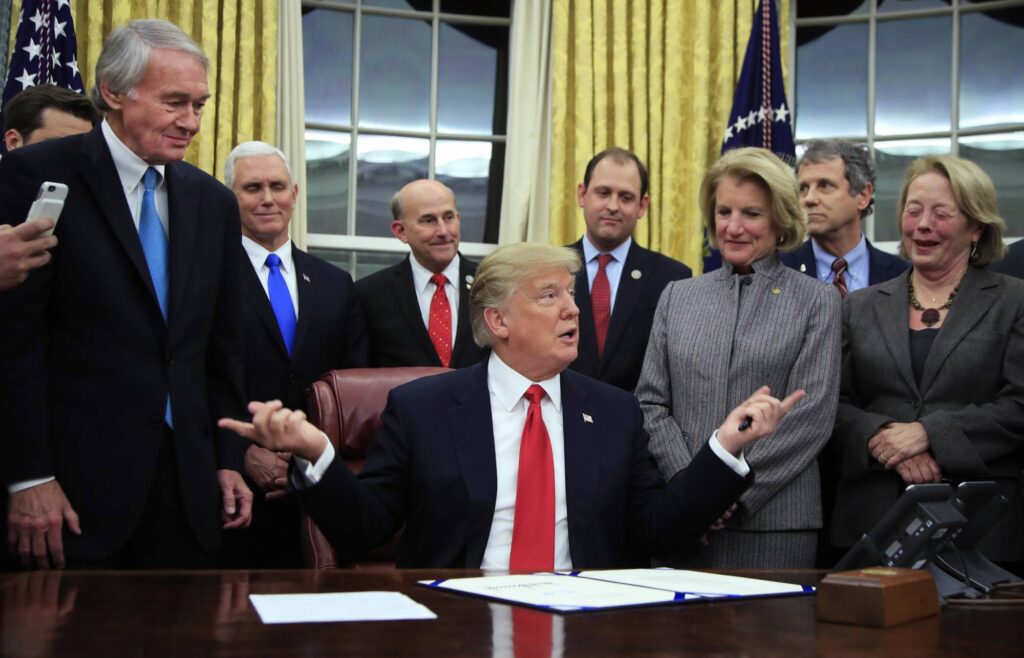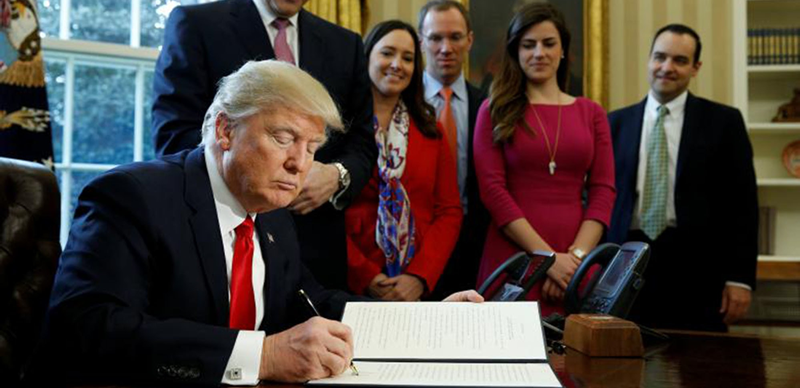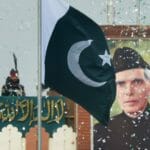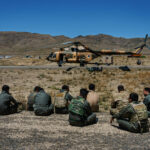Financial Action Task Force (FATF) of the G7 countries has threatened Pakistan with sanctions if it “fails to comply with necessary actions against terrorism” (Corr, 2017). It has, rather magnanimously, given Pakistan three months’ time to comply or else face the music. One can only say that such orchestrated moves are part of the larger narrative which paints Pakistan in dark colors to please India, a $1.3 billion plus market for G-7 countries. This is not the first instance where G7 countries have shown their bias towards Pakistan. In the past also, their leaders had been insinuating against us in order to grab lucrative contracts from India, especially in the defense sector. To add humor to this news, Afghanistan has also threatened to seek UN sanctions against Pakistan for its hallucinatory support of the Taliban terrorists. Afghanistan’s economy is heavily dependent on its trade with Pakistan, and the land and sea routes through Pakistan for access to the rest of the world.
If Afghanistan joins the G7 led sanctions against Pakistan, with India as the main instigator, it will only be shooting itself in the foot. It should remember what had happened to Nepal when India, in retaliation to a weapons deal between China and Nepal few years ago, had stopped the transit trade with Nepal. As for India, it is dying to gain land access through Pakistan to reach the Central Asian markets. Any coercive move by India, in concert with the G7, will close the window of opportunity for India forever.
Anders Corr’s piece on the purported sanctions is a typical example of West’s perpetual realignment of policies, double dealing, and doublespeak, to justify its shifting interests. US and its allies supported Pakistan during the so-called Afghan Jihad because they, according to Brzezinski (1998), needed this country to “sow shit in the Soviet Union’s backyard”. During the 21st Century, they need India to checkmate China, hence the present hullabaloo against Pakistan.
The Taliban, as the world knows, are the avatar of the Afghan Mujahideen who were bankrolled by the CIA during the Cold War period to fight its war in Afghanistan. One should remember that during the height of the Afghan Jihad, Ronald Reagan had likened the Mujahideen to the founding fathers of the United States. The Taliban appeared on the West’s radar in the wake of the civil war, which engulfed Afghanistan after the withdrawal of the Soviet forces from this war-torn country. Central Asia is the home of the world’s second largest oil reserves. So, the Taliban were propped up by the US and its allies to act as the vanguard for protecting the West’s interests, particularly the projected pipelines which were being planned to pump Central Asian oil and gas to the refineries in the US and Western Europe. One of its major investors was the Union Oil Company of California (Unocal), which merged with and became a subsidiary of Chevron in 1995. To achieve its aims, Unocal, even flew a selected cadre of the Taliban to its US headquarters for training in pipeline security (Rozoff,2010).
The overall US strategy to grab the Central Asian oil and gas has the following salient features:
- Tap the Caspian oil and gas reserves, while at the same time, deny the same to Russia and China.
- Build pipelines that would skirt Russia on the way to the Black Sea and the Mediterranean.
- Promote Kazakh oil to western markets without Russian interference.
- Promote the Turkmenistan-Afghanistan- Pakistan-India gas pipeline, connecting the gas resources of Central Asia to the surging economies of South Asia. Such a line would deprive Iran of transit fees for Turkmen gas crossing its territory while capturing the South Asian gas market coveted by Iran.

Bullying Pakistan with sanctions doesn’t work
The writer is a retired Army officer. Writes on issues related to national and International affairs, important events from military history, and military technology. Considers writing as an instrument to calibrate his mind.








